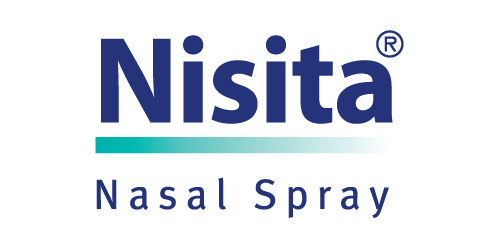
Nowadays we are living with a face mask on. It’s a necessity to stay safe and healthy during the coronavirus pandemic. Yet, if you have a chronic respiratory condition such as asthma or COPD, covering your mouth and nose can be especially challenging. As you might experience trouble breathing and that may trigger some asthma symptoms.
So how can you stay safe when wearing a mask is uncomfortable? Follow this expert advice below.
- Try to stay home if possible
As there is no reason to wear a mask at home, it is safer to stay where there is no COVID – 19 threat around. People with lung conditions are more apt to develop complications if they contract coronavirus.
- Check the weather before going out
Try to go out when it’s cooler outside or go first thing in the morning or later in the evening.
- Practice wearing a mask at home
Try to wear the mask at home for short periods to get used to the sensation and adjust your breathing by practicing.
- Pick a comfortable face covering
The CDC currently recommends that most people opt for cloth face coverings rather than N-95 respirators or even surgical masks for venturing out in public.
Whatever you choose, make sure it covers your nose and mouth.
- Stay away from crowded places
The better option is to use a delivery service, there is no need to go out or get groceries yourself.
If you have to go to any public store or run errands, make it quick. Put on your mask, grab what you need as fast as possible. Always remember to sanitize your hands right after, then wash with soap and water when you get home.
- Staying active and working out
Exercise is important for people with asthma. But wearing a mask while exercising may make it harder to breathe. Consider working out at home, or outdoor areas where there are very few people and a lot of space for social distancing.
While wearing a mask might be uncomfortable for people with asthma or COPD, there are some benefits other than preventing transmission of coronavirus. In warm weather, it helps protect against the harmful effects of pollution like dust and mold as well as pollen. In the winter it acts as a reservoir for warm exhaled air, preventing cold dry air that could trigger bronchospasm. We hope these tips helped you.
Stay healthy, Stay Safe.
